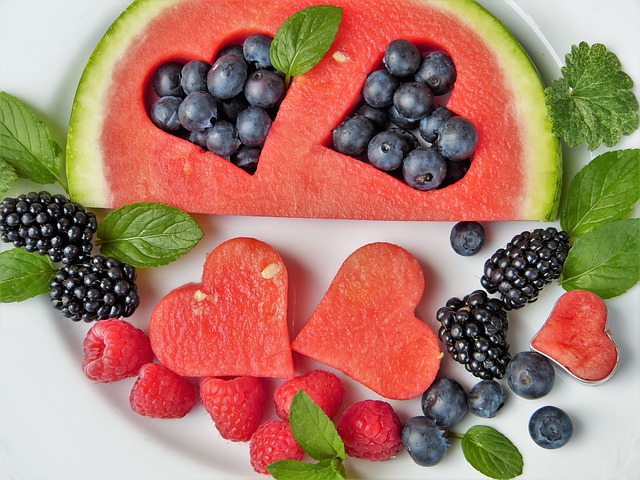 Summer heat and humidity can put older adults at risk for dehydration. Learn how to keep a senior loved one safe and recognize warning signs of dehydration.
Summer heat and humidity can put older adults at risk for dehydration. Learn how to keep a senior loved one safe and recognize warning signs of dehydration.
The hot, humid days of summer can present unique safety challenges for seniors. Adults with high blood pressure, for example, need to be especially cautious during periods of high humidity. The summer sun also places older adults at higher risk for heat-related illnesses, like dehydration, sun poisoning, and heat stroke.
Now that the dog days of summer are upon us, it’s crucial for seniors and family caregivers to take intentional steps to stay hydrated.
5 Ways for Seniors to Stay Hydrated during the Summer
- Boost fluid intake: To prevent dehydration during the hot, humid days of summer, you must eat the right foods and drink the right beverages. Water is usually best. Your physician can help determine how much you should be drinking based on your weight. If you or your senior loved one don’t care for the taste of water, try adding lemon or lime wedges, cucumber slices, or berries to improve the taste. Increasing the amount of foods you eat that have high water content including melons, pears, cucumbers, leafy greens, tomatoes, carrots, and popsicles can also be beneficial.
- Avoid caffeine: Guzzling drinks like iced coffee and soda might taste great, but the caffeine they contain can put a senior at higher risk for dehydration. While 8-ounce cups may not have much caffeine, super-sized cups or having multiple caffeinated drinks can create a problem. Caffeine is a diuretic, meaning it causes fluids to pass through your system faster. That fluid loss can cause dehydration.
- Limit alcohol: Summer is often a season for celebrations—many of which include alcoholic beverages. Similar to caffeine, alcohol can contribute to dehydration. If a senior will be spending time outdoors in the heat, it’s best to limit or avoid consuming alcoholic beverages.
- Review medication side effects: Many older adults aren’t aware that some medications increase sun sensitivity. This means medications can put seniors at risk of serious sunburn rather quickly. These medications may also cause hives, rashes, and dehydration. Review your loved one’s medications to see if sun sensitivity is a potential side effect.
- Plan outdoor time wisely: Whenever possible, plan outdoor activities for the coolest times of day, generally before 10:00 a.m. or after 4:00 p.m. Wearing a lightweight hat with a brim at least three inches wide also promotes better hydration by helping shade the face and neck, keeping your senior loved one cooler.
Finally, we recommend learning more about the symptoms of dehydration in an older adult. From irritability to trouble walking, the signs aren’t always obvious.
Common Signs of Dehydration
Recognizing when a senior loved one is experiencing early signs of dehydration will allow you to seek treatment before a more serious health crisis occurs. Here are some of the most common symptoms to lookout for this summer:
- Dizziness
- Confusion
- Dry mouth
- Irritability
- Sunken eyes
- Trouble walking
- Inability to sweat
- Headache
- Rapid heart beat
- Low blood pressure
If an older adult in your community is exhibiting these symptoms, get them to a cooler location and call their physician or 911 immediately for more instructions.
While summer might increase the risk for dehydration, it’s a risk older adults face all year long. At Legacy Senior Living communities, we have programs in place to help residents stay hydrated. Call us today (423) 478-8071 to learn more about this and other safety challenges our communities help address.
